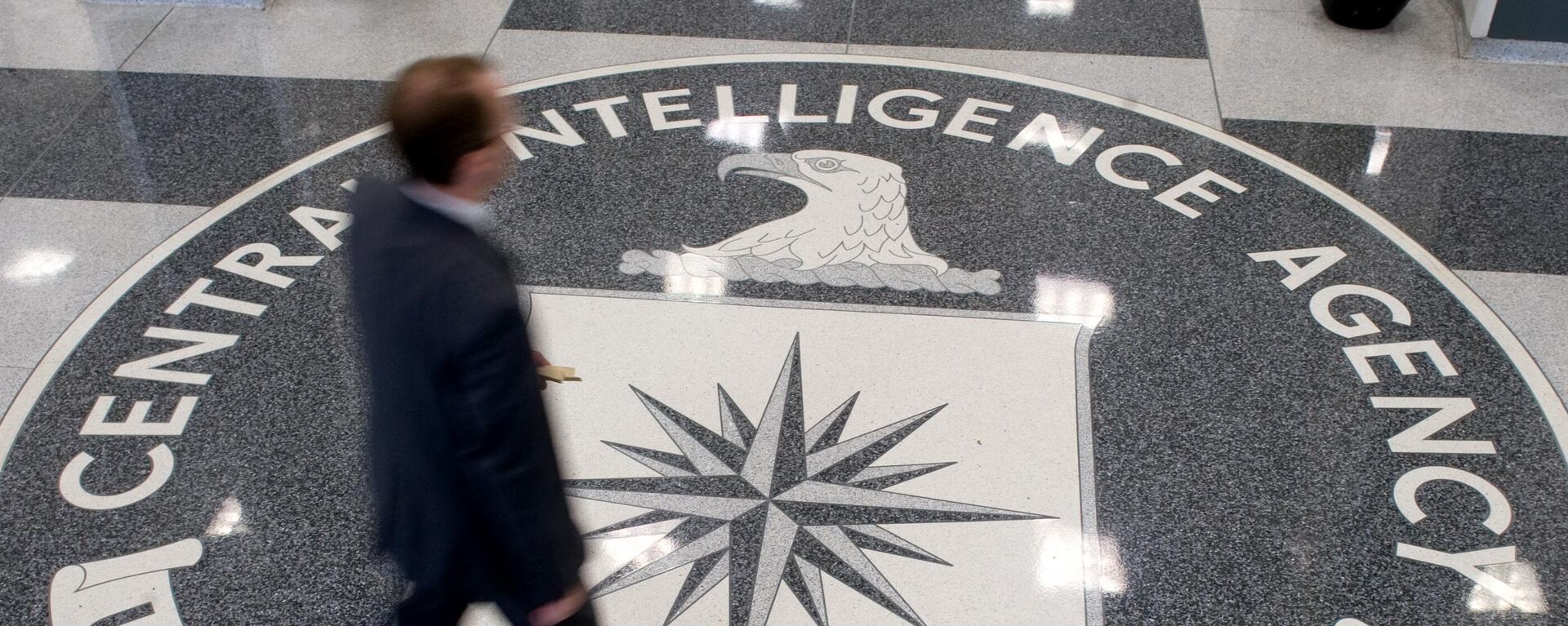Efforts to Recruit Russian 'Fifth Column' Highlight 'Pervasive Nature of US Surveillance State'

CC0 / /
Subscribe
Having already displayed eagerness to attack Russia's economy through sanctions and to kill Russian soldiers and civilians with its Ukrainian proxy, the United States now seems poised to try and destabilize the situation in Russia with the help of local sympathizers.
Mere weeks ahead of the 2024 presidential election in Russia, the United States intends to ramp up efforts to recruit Russian graduates of US exchange programs in order to form a “fifth column” in Russia and to meddle in Russia’s internal affairs, Russian Foreign Intelligence Service (SVR) Director Sergey Naryshkin has said.
Commenting on this development, retired US Air Force Lt. Col and former Pentagon analyst Karen Kwiatkowski told Sputnik that “all participants and graduates of military and state department exchange programs have always been targets for this kind of recruitment.”
According to her, the expansion of this recruitment approach to a “wider range of high school student exchanges, academic scholarships to ostensibly private universities, and civilian travel speaks to three things.”
“One, the return to human intelligence (HUMINT) within the CIA and other intelligence agencies. Two, expected available future funding for HUMINT, which has been weak for years in the US and is less costly and more easily hidden within the larger budget,” Kwiatkowski said. “And three, the expanded and pervasive nature of the US surveillance state, and its ability to not only track and identify but surreptitiously engage these young people among Americans (who are surveilled usually without FISA warrants).”
The former DoD analyst argued that these recruitment efforts do not aim to influence the 2024 presidential election in Russia but rather the next election after that, pointing out that “human intelligence takes time to develop.”
“Of course, in our technical age, any person known to the US in any place around the world using a cell phone can be an instant target or an immediate asset,” she conceded. “International social media and gaming, along with instant translation capabilities means that hundreds of thousands of people today have and can maintain international friendships and associations, and all of these may be monitored and targeted by various government agencies.”
Seeing how most US exchange programs in other countries receive US federal government money, it would be safe to assume that the US government is “interested in outcomes long after the exchange period is over,” Kwiatkowski said.
“Most of the people who participate in exchanges are already bi- or trilingual, academically smart and have excellent social IQs and are comfortable with and can perform well under higher than normal stress,” she observed. “Because these people are already destined to be successful and rise up in leadership roles in their home countries, connecting with them (via social alliance and/or blackmail) serves the US intelligence agencies well, in any era.”
Regarding the SVR reports that US intelligence officers intend to conduct training in Latvia this February on methods to incite ethnic and social hatred in Russia, Kwiatkowski pointed at the US government’s sordid history of conducting and facilitating “coups and political changeovers in many places using both State Department and military assets,” as well as tolerance and support of “various types of European Naziism.”
“I have to assume that any training on methods to incite ethnic and social hatred will tap into existing resources, and habits of the CIA and its extensive array of funded think tanks and aid organizations,” she said. “Other than the improved nature of human surveillance, and the use of deep-fakes, disinformation and AI-assisted technologies, the general practices of the intelligence agencies will be much as they have been for decades.”
“Ideally we will be able to hear from participants in these training sessions, either as whistleblowers or as blowhards, and find out more. It certainly speaks to the US intent to continue war in any and every way it can in the region,” Kwiatkowski added.


